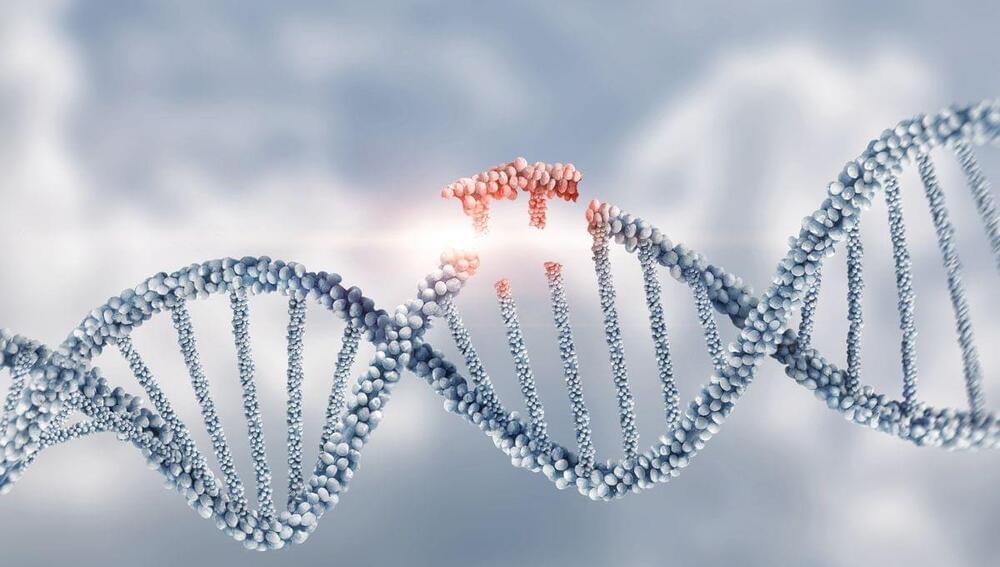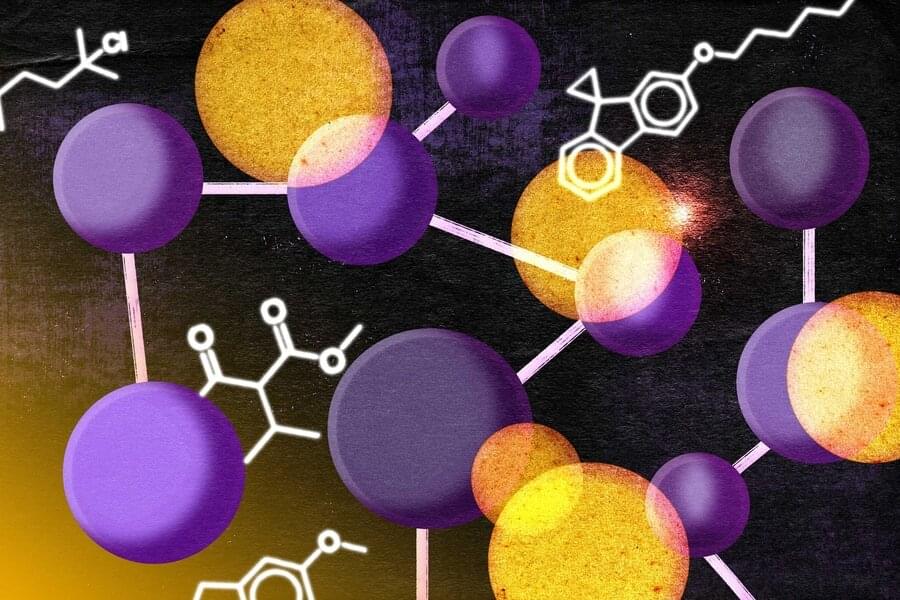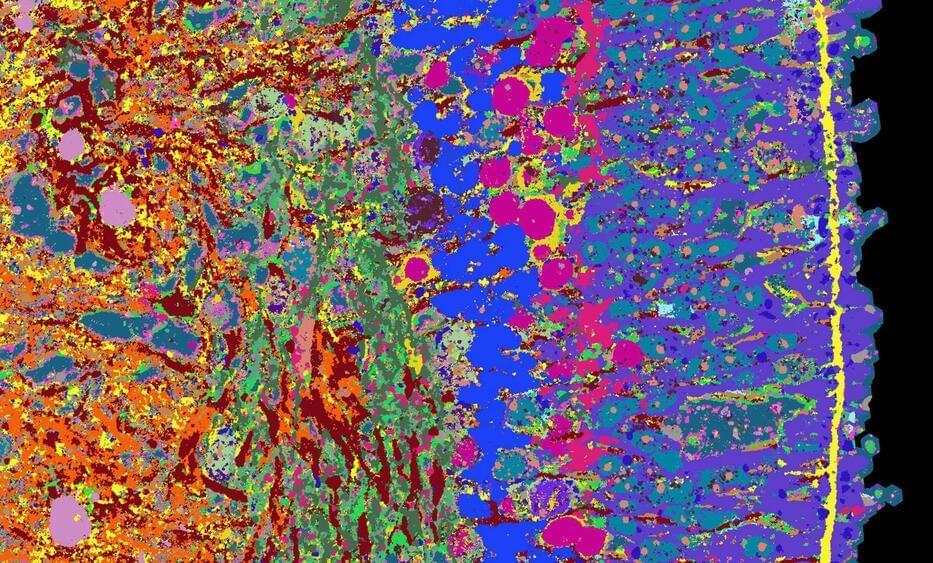Jul 9, 2023
Newfound CRISPR-Like System In Animals Could Be Used To Manipulate Human Genomes
Posted by Shubham Ghosh Roy in categories: biotech/medical, genetics
A genetic editing system similar to CRISPR-Cas9 has been uncovered for the first time in eukaryotes – the group of organisms that include fungi, plants, and animals. The system, based on a protein called Fanzor, can be guided to precisely target and edit sections of DNA, and that could open up the possibility of its use as a human genome editing tool.
The research team, led by Professor Feng Zhang at the McGovern Institute for Brain Research at MIT and the Broad Institute of MIT and Harvard, began to suspect that Fanzor proteins might act as nucleases – enzymes that can chop up nucleic acids, like DNA – during a previous investigation.


















